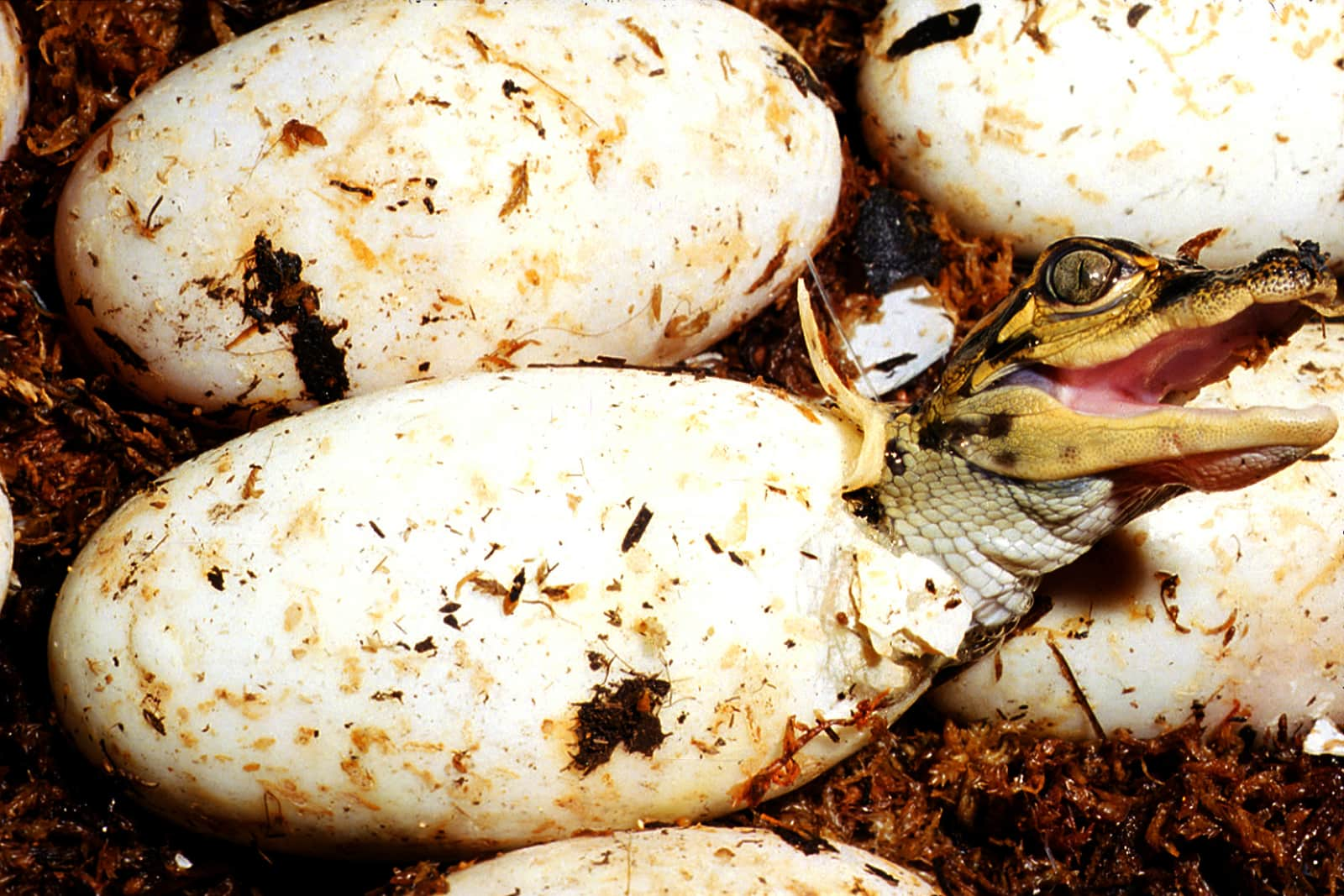Louisiana Men Cited for Stealing over 500 Alligator Eggs
OutdoorHub Reporters 08.03.15

Officers from the Louisiana Department of Wildlife and Fisheries (LDWF) have cited two men for allegedly stealing alligator eggs and violating other regulations while in a state refuge.
According to the agency, officers stopped Paul Canik, 47, and Christopher Trahan, 24, as the two men were leaving Rockefeller State Wildlife Refuge on July 16. The men were leaving the marsh on an airboat and were hauling a large number of alligator eggs, which officials discovered were taken from a restricted section of the refuge. When officers arrived to seize their 14-foot airboat and an 18-foot flatboat, they also found a cache of 523 alligator eggs.
“We aren’t sure how many of the eggs were harvested illegally, but in a case like this, all of the eggs are confiscated,” LDWF spokesman Gabe Griffin told The Shreveport Times. “It’s never easy for agents to make a case like this because they just about have to catch them in the act.”
Due to the perishable nature of the “evidence,” the LDWF sold the eggs for $10,640—roughly $20 each. Griffin said that the agency sells off confiscated alligator eggs because it is not feasible to store them until the investigation was over.
“They couldn’t just sit in a closet as evidence for three months. Whenever we can, we return confiscated wildlife to its habitat, but that isn’t possible with alligator eggs,” Griffin said.
If the agency determines that Canik and Trahan took the eggs legally, that sum will then be turned over to them.
The alligator egg industry in Louisiana is booming, which leads to a fair amount of poaching. Demand for eggs from alligator farms is high, especially since the farms have to release a percentage of the young alligators they raise back into the wild. The LDWF started the program back in 1972 and has since counted over 6.5 million eggs collected, resulting in more than 3.5 million farm raised alligators. This program is one of the reasons why the state’s alligator restoration program is widely considered a breakthrough success.
To prevent large fluctuations in the alligator population, egg collection is highly regulated and there is only a short window when the eggs can be taken, usually just before alligator hunting season. Illegally possessing alligator eggs for the first offense can carry a $400 to $900 fine and up to 120 days in jail.

